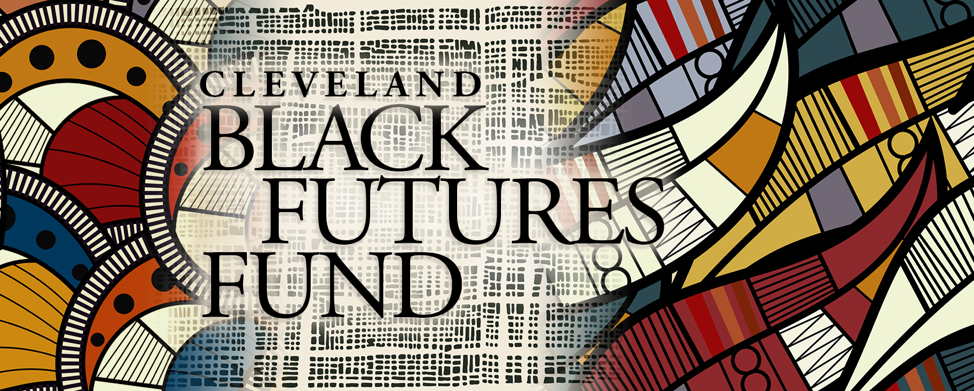Our Mission
The mission of The Phillis Wheatley Association is to build upon the social activism of Jane Edna Hunter, founder of The Phillis Wheatley Association, for the benefit of the Cleveland community by supporting programs and partnerships that promote education, housing, financial and personal well-being.
Housing - Seniors and Disabled Adults
Congregate Meal Program
Digital Literacy Class
About the Central Neighborhood
THANK YOU! To Our Supporters:





